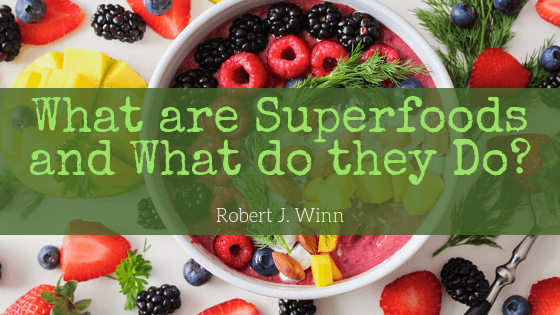The term “superfood” is slightly misleading. No one food offers all of the nutritional and health benefits that we need for good health or to prevent disease. The phrase was coined for marketing purposes, as a way to sell more products. However, there are a few foods that do pack a lot of nutritional benefits in a small punch, which makes them as close to a superfood as there can be.
Berries
Berries contain antioxidants, vitamins, minerals and fiber. Because they’re so high in antioxidants, they’re linked to a reduced risk of heart disease and cancer. When used alongside traditional medicine, they may also help treat various digestive disorders. Types of berries include raspberries, blueberries, blackberries and cranberries.
Legumes
Legumes, which is a class of food including beans, peas, lentils, alfalfa and peanuts, are full of nutrients. They’re a great source of B vitamins, protein, fiber and various minerals. Research shows that they can help manage type 2 diabetes and reduce blood pressure and cholesterol.
Dark leafy green vegetables
Dark leafy green vegetables, like kale, swiss chard, arugula and spinach, are an excellent source of the nutrients zinc, folate, iron, calcium and magnesium. They have the potential to reduce your risk of heart disease and type 2 diabetes. They’re also a good source of carotenoids, which may help prevent certain types of cancer.
Kefir
Kefir is a fermented beverage that is typically made from cow’s milk. It’s similar to yogurt, but is thinner in consistency and contains more probiotic strains. In addition to probiotics, it also contains calcium, protein, potassium and B vitamins. It has also been shown to lower blood pressure, reduce cholesterol and improve digestion. For those with lactose intolerance or who choose not to consume dairy, it can also be made from rice milk, coconut water and coconut milk.
Ginger
Ginger is used in cooking to enhance flavor but also has medicinal properties. Gingerol, which is the oil that comes from the ginger root contains antioxidants, which are likely the cause of the associated health benefits. Ginger has shown to be effective at managing nausea and can help reduce pain from both acute and chronic inflammatory conditions. It may also help to reduce your risk of developing dementia, heart disease and certain cancers.

